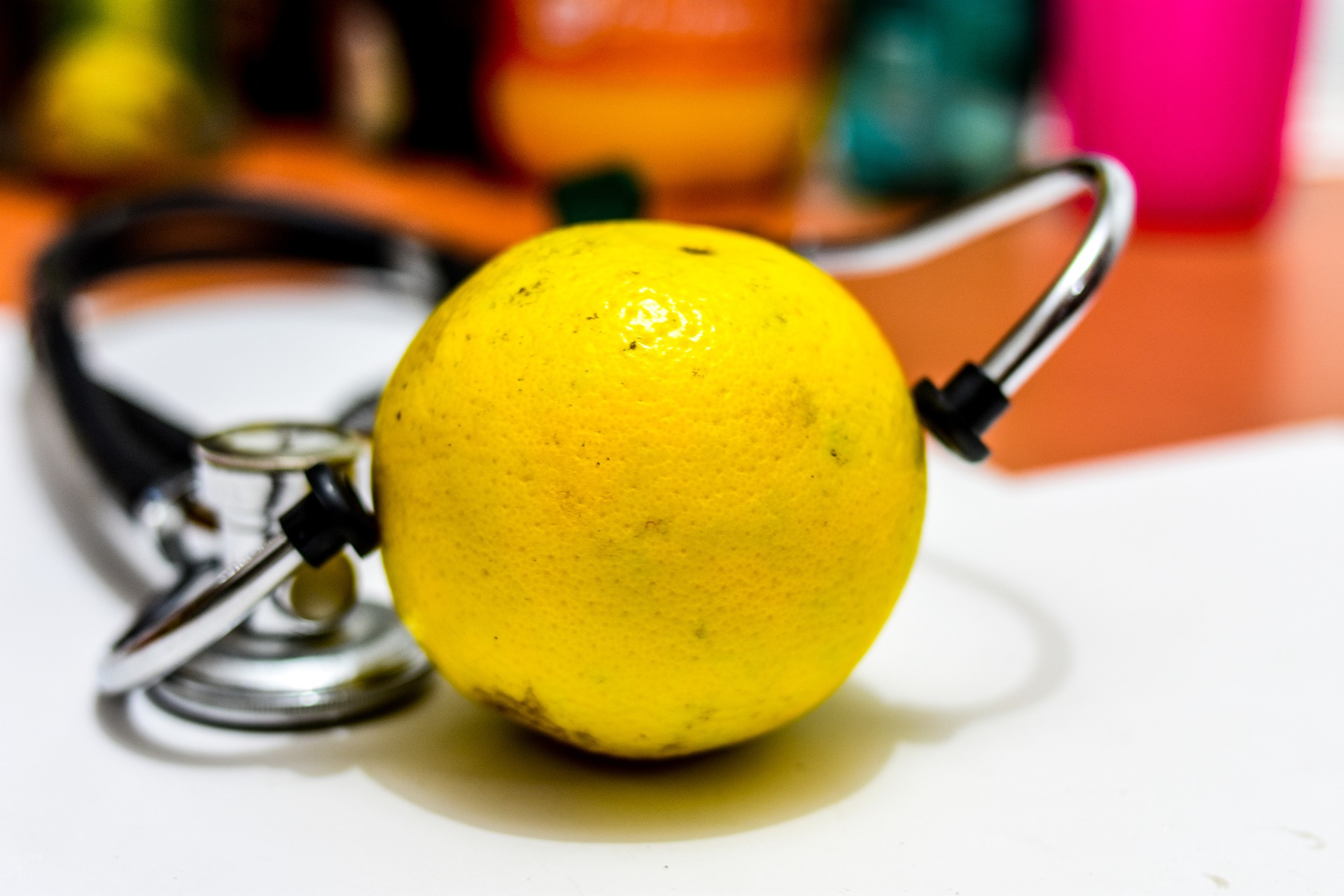Unlocking the Secrets of Nutrition: A Comprehensive Guide
Staying healthy is not just about exercise and rest, but also about what you fuel your body with. The world of nutrition can be confusing with the plethora of information available. This guide will help you understand the basics of nutrition and how it impacts your overall health.

What is Nutrition and Why is it Important?
Nutrition is the science that interprets the nutrients and other substances in food concerning maintenance, growth, reproduction, health, and disease of an organism. It includes food intake, absorption, assimilation, biosynthesis, catabolism, and excretion. Nutrition is critical for our bodies to function correctly. It provides the necessary nutrients that our bodies need to create new cells, clean toxins, and to just perform everyday functions.
How Does Nutrition Impact Our Health?
Having a balanced diet rich in nutrients is crucial for good health. Poor nutrition can lead to a variety of health issues, including obesity, tooth decay, high blood pressure, and a weakened immune system. Conversely, good nutrition can help maintain a healthy weight, support your immune system, and reduce your risk of chronic diseases like heart disease and diabetes.
What are the Essential Nutrients Our Body Needs?
There are six essential nutrients that the body needs to function properly: carbohydrates, fats, proteins, vitamins, minerals, and water. Carbohydrates, fats, and proteins provide energy, while vitamins and minerals function in many metabolic reactions. Water plays a critical role in transporting nutrients and facilitating reactions in the body.
Are all Fats Bad for Our Health?
Contrary to popular belief, not all fats are bad for you. While saturated fats and trans fats can raise your cholesterol levels and increase your risk of heart disease, monounsaturated fats and polyunsaturated fats can lower these risks. Foods high in these healthy fats include avocados, nuts, seeds, and fish.
How Can We Ensure We are Getting a Balanced Diet?
Getting a balanced diet means eating a variety of foods from all food groups in the right proportions. Here are some tips:
-
Eat at least five portions of a variety of fruit and vegetables every day.
-
Base your meals on higher fibre starchy foods like potatoes, bread, rice or pasta.
-
Include some dairy or dairy alternatives in your diet.
-
Eat some beans, pulses, fish, eggs, meat and other proteins.
-
Choose unsaturated oils and spreads, and eat them in small amounts.
What are Some Affordable Nutritious Foods?
Eating healthily doesn’t have to be expensive. Some affordable nutritious foods include oats, eggs, beans, frozen fruits and vegetables, whole grains, and canned tuna. Here’s a simple comparison table of some staple nutritious foods and their estimated costs.
| Food Item | Cost Estimation |
|---|---|
| Oats | $3 for a 42 oz tub |
| Eggs | $2 for a dozen |
| Canned Beans | $1 per can |
| Frozen Vegetables | $2 per bag |
| Whole Grain Bread | $3 per loaf |
| Canned Tuna | $1 per can |
Prices, rates, or cost estimates mentioned in this article are based on the latest available information but may change over time. Independent research is advised before making financial decisions.
In conclusion, good nutrition is a critical part of leading a healthy lifestyle. Combined with physical activity, your diet can help you reach and maintain a healthy weight, reduce your risk of chronic diseases, and promote overall health.
This article is for informational purposes only and should not be considered medical advice. Please consult a qualified healthcare professional for personalized guidance and treatment.




